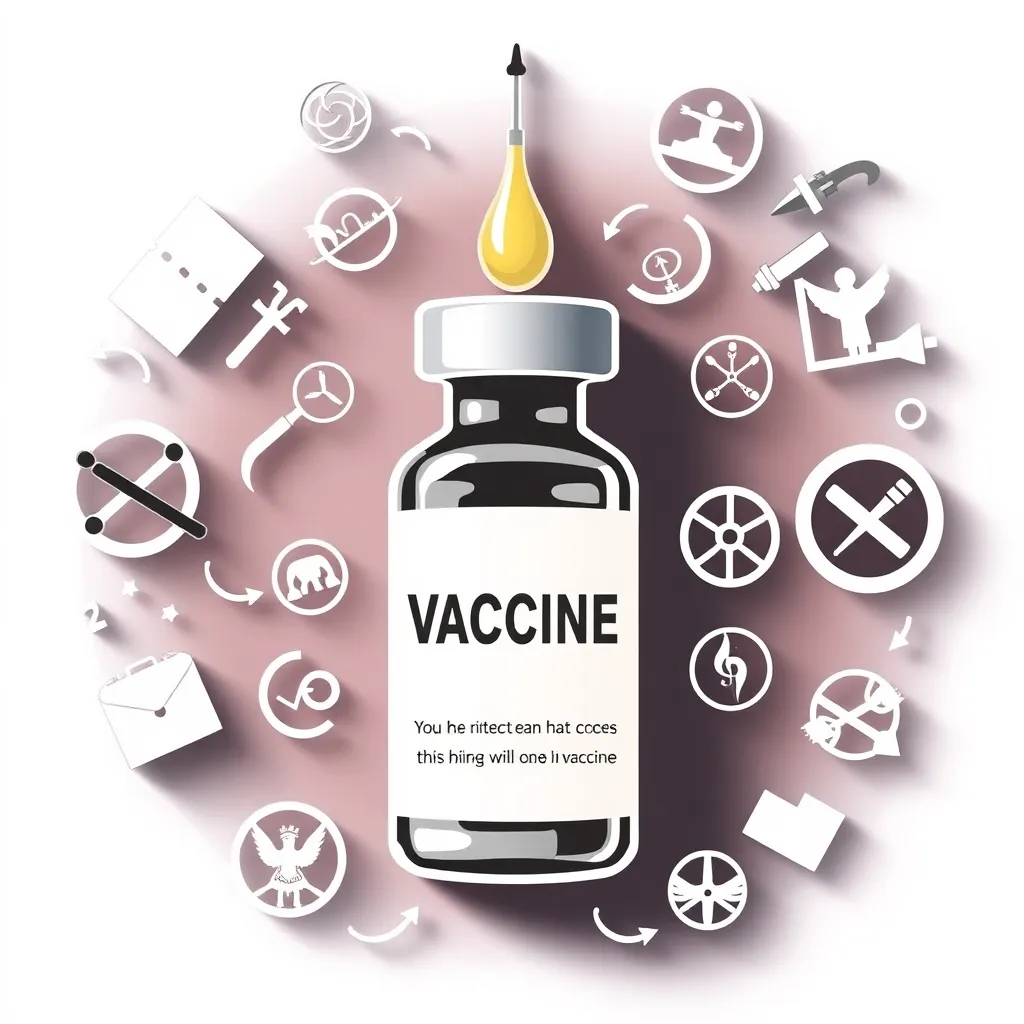

Robert F. Kennedy Jr.'s Potential Influence on Global Health Policy Amid Rising Concerns Over Vaccine Misinformation
New York City is buzzing with discussions surrounding the appointment of influential figures in the upcoming administration, and one name that stands out is Robert F. Kennedy Jr. As he prepares to take the helm of the Department of Health and Human Services, many folks are raising eyebrows over his track record, especially when it comes to global health policies.
Robert F. Kennedy Jr., known for his vocal opposition to vaccines and his promotion of various conspiracy theories in the United States, has a history that stretches far beyond American borders. Through his nonprofit organization, Children’s Health Defense, he has been on a mission to spread a wave of skepticism regarding vaccines. This hasn’t just stopped at the U.S. border; his influence has reached many countries, where he has actively worked against long-established health initiatives.
Mr. Kennedy’s non-profit has established chapters overseas, and they have been engaged in activities that many believe undermine critical vaccination efforts. For decades, vaccines have been a cornerstone of global health policy, but Kennedy’s influence has begun to poke holes in this decades-long foundation.
With his celebrity status, Kennedy has cozied up to a number of fringe conspiracy theorists. From those who claim that 5G cellphone towers are linked to cancer, to accusations that sex education is part of a grand scheme to reduce fertility in African nations, his partnerships have raised red flags for global health advocates. This is concerning because, in many places, particularly in Africa, effective policies for AIDS prevention and education have already faced significant hurdles.
Critics of Kennedy point out that his efforts have posed serious challenges to sex education campaigns aimed at curbing the AIDS epidemic, showcasing a blatant disregard for scientific research and consensus. Efforts that relied on trusted information and education are now being overshadowed by the fear and misinformation that his platform promotes.
If that’s not enough, Kennedy has also targeted major global organizations like the World Health Organization (WHO). He has been vocal in his objections, claiming these organizations infringe upon national sovereignty and work towards hidden agendas. This rhetoric thrives in the current climate of skepticism and can dangerously influence policy at a critical time when global cooperation in health matters is more important than ever.
With rising worries about vaccine hesitancy and misinformation, many are beginning to wonder what Kennedy’s influence will mean for global health initiatives moving forward. As health experts worry that his rise could set back years of effort in vaccine deployment, they remain watchful of how his leadership role will shape policies around the world.
As Robert F. Kennedy Jr. steps into a potentially powerful position, many are left wondering what his tenure will mean for healthcare in America and beyond. His past actions and advocacy leave key questions about his commitment to established health policies that have, until now, been effective in protecting communities and lowering disease rates.
In this ever-evolving landscape of health policy, one thing is clear: the decisions made in the coming weeks and months could not only redefine healthcare in the United States but might ripple across the globe. As the world watches and waits, one can only hope that reason, science, and compassion will prevail in shaping the future of global health.
News Summary Both North and South Carolina are grappling with severe wildfires that led to…
News Summary On January 2, 2025, Greenville County was thrown into chaos when a bomb…
News Summary In a historic moment, South Carolina executed Brad Sigmon, a 67-year-old inmate, using…
News Summary A shooting incident at a Lancaster Walmart on April 1, 2025, left two…
News Summary South Carolina has been named the number one growth state in 2024 according…
News Summary Michael Haldeman from Summerville, SC, has been named South Carolina's State Small Business…